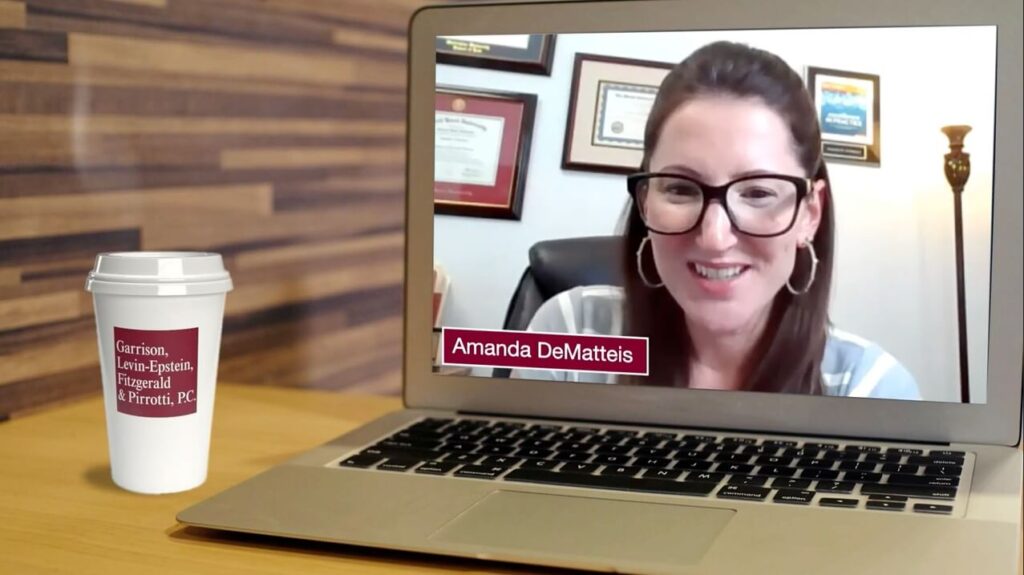Aug 9 2023
Amanda DeMatteis: Hi, Josh.
Josh Goodbaum: Hi, Amanda. What are we going to talk about today?
DeMatteis: Well, you did a video for us a few months back about an employee’s right to a day off for a religious holiday. You told us that there was a Supreme Court case that was pending that might come down and change the lay of the land on this. I understand that’s happened. What can you tell us?
Goodbaum: Yeah, the U.S. Supreme Court case is called Groff v. DeJoy. And I’m gonna tell you about the facts of it and then what the Court concluded.
So, a guy named Gerald Groff lived in Pennsylvania and worked for the U.S. Postal Service, and he was a postal carrier, but he didn’t want to work on Sundays as required by his job. He thought Sundays, as a matter of his religious belief, were for rest and worship only. He refused to work on Sundays, got written up, and eventually resigned, and he sued under federal law.
The federal law is Title VII of the Civil Rights Act of 1964, and it requires an employer to provide an accommodation for religious observance, practice, and belief unless the employer demonstrates that doing so would impose what’s called an “undue hardship on the conduct of the employer’s business.” That’s the quote from the statute.
Now, in 1977, in a case called TWA v. Hardison, the U.S. Supreme Court decided that requiring an employer to bear anything more than a de minimis cost would be an undue hardship. “De minimis” means something very small. And that case has been widely understood to allow employers to refuse to provide religious accommodations that cost basically anything. And since most accommodations cost something, it basically meant that there was no federal right to religious accommodations.
The Supreme Court here in Groff v. DeJoy says that everyone has been misreading the Hardison case from almost 50 years ago and that Title VII really requires an accommodation for religion, for religious employees, unless the employer can show that the accommodation would result in —and I’m quoting here— “substantial increased costs in relation to the conduct of the employer’s particular business.”
What we know about this is that it’s gonna result in many more accommodations for religious exercise. It’s probably gonna answer the question of whether you have a right to take a day off for a religious holiday. The answer is almost certainly going to be yes.
It does leave open some questions though, and I just want to flag those. One question is, “What costs are ‘substantial’ under Groff? When do costs count as substantial?” The answer is we don’t really know. Could it be the same analysis as we do under the Americans with Disabilities Act for the purposes of evaluating in an undue hardship? Again, we don’t really know. Might be true; might not. We’ll have to wait to see.
Another open question is whether an impact on coworkers counts. So, taking Mr. Groff as an example, what about his coworkers who had to work on Sunday because he didn’t want to or believed it contradicted his beliefs? Again, we don’t know the answer to that yet. That’s going to be spelled out going forward.
The third question is whether the “interactive dialogue” applies. Again, this is a process that comes from the disability context where the employer and the employee need to talk about whether a reasonable accommodation would work and what other accommodations might be available. It seems like there has to be an interactive dialogue here. But at this point, it’s not entirely clear. We’re gonna need to wait and see how that gets elaborated by the courts over the coming years.
But for now, really important news for religious employees and their right to religious accommodations.
DeMatteis: Important news and also really favorable news. So although there are some open questions out there, this is a really positive step. Thank you so much for sharing, and thank you for watching. Take care.
Posted by Garrison, Levin-Epstein, Fitzgerald & Pirrotti, P.C. in Commentary
Tagged Amanda DeMatteis, Joshua Goodbaum









